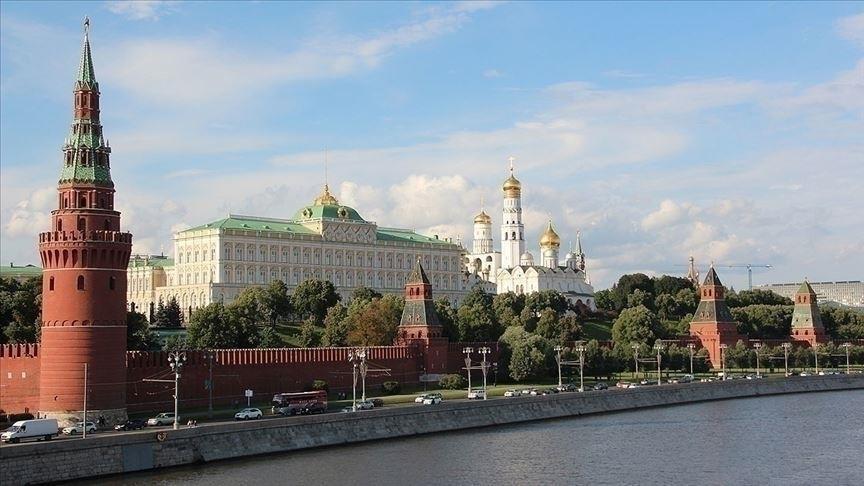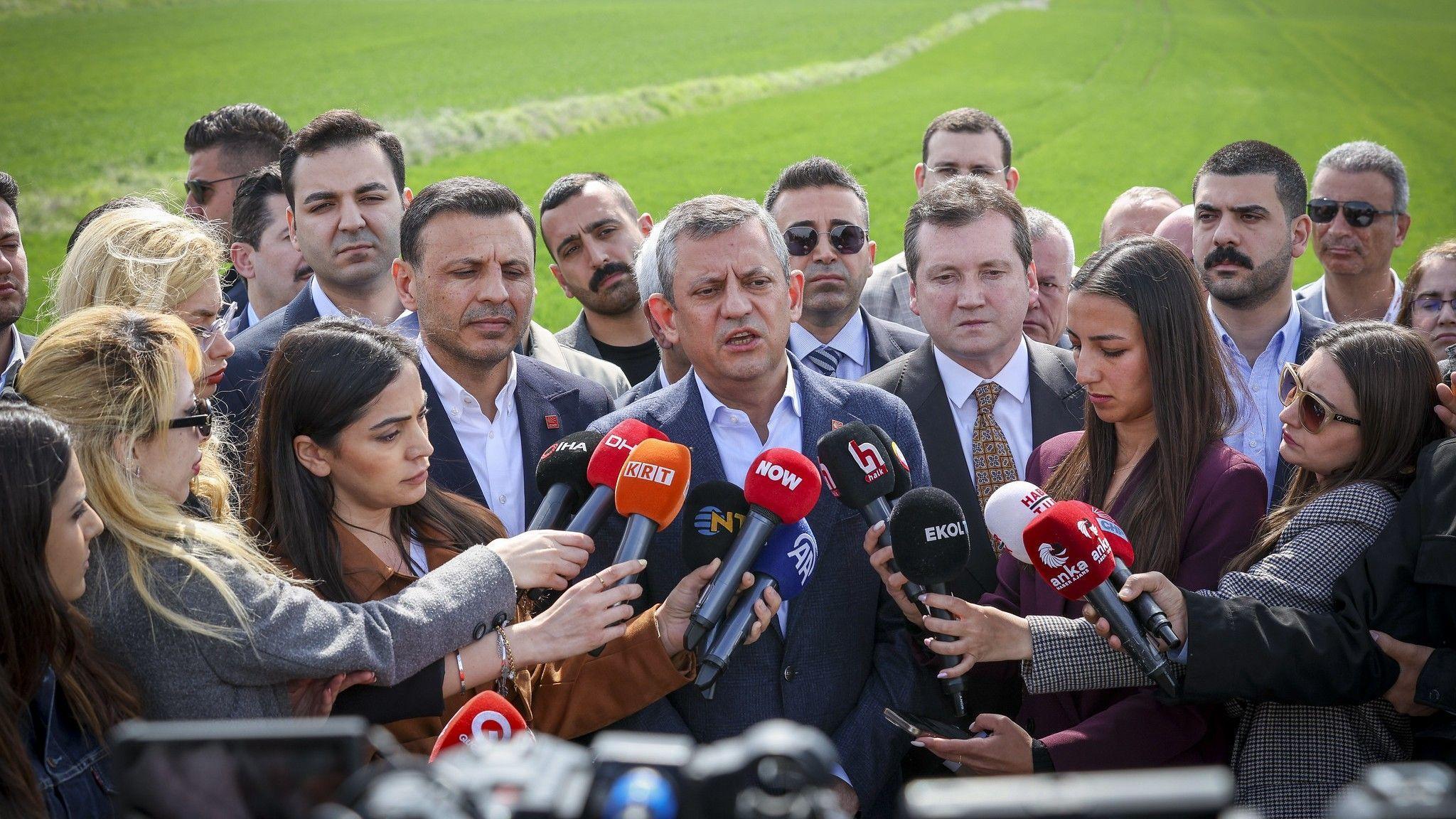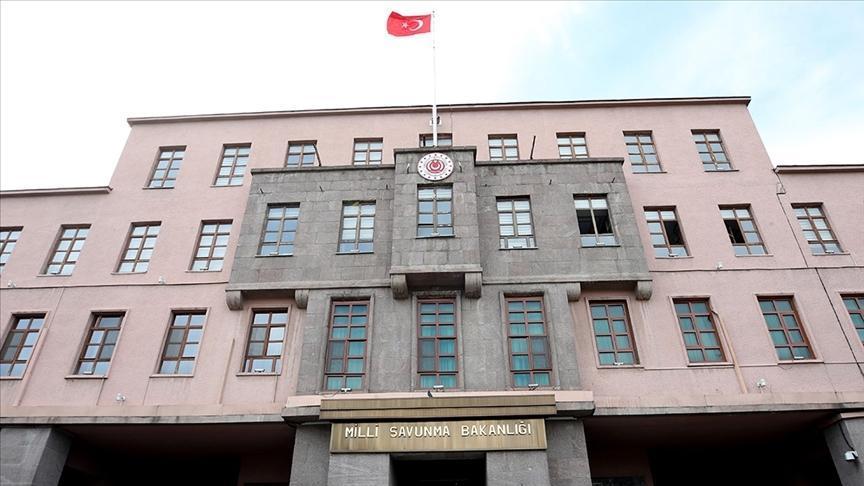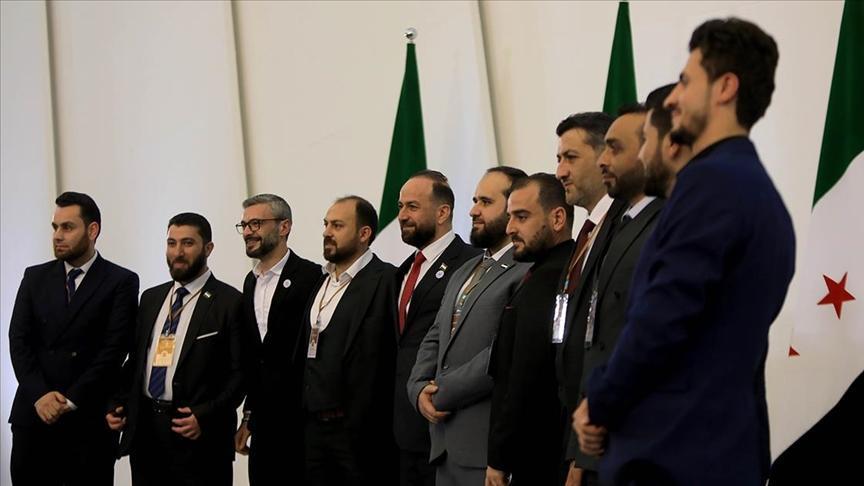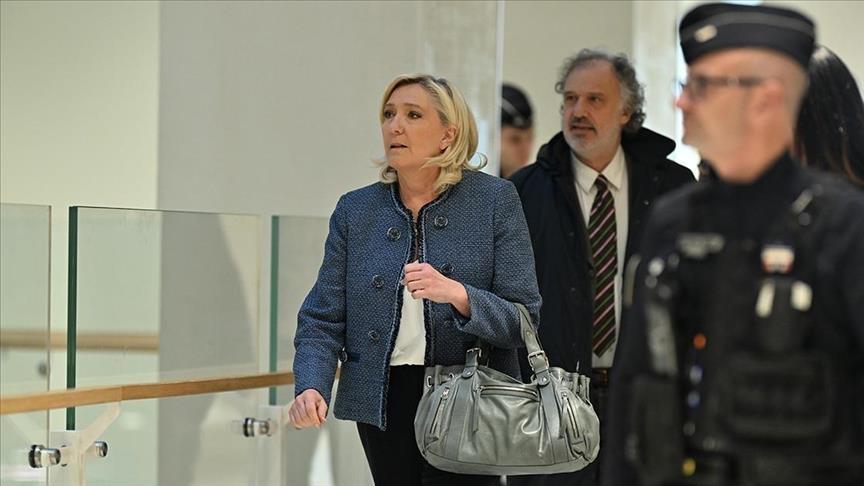Northern Ireland mourns IRA peacemaker Martin McGuinness
BELFAST – Reuters
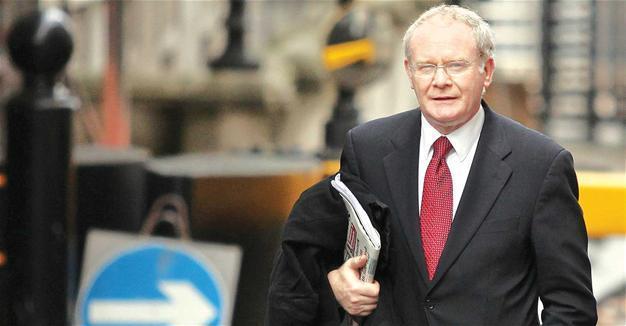 Martin McGuinness, the Irish Republican Army (IRA) commander who laid down his arms to become a key architect of Northern Ireland’s peace, died on March 21 aged 66, prompting tributes from allies and former enemies alike.
Martin McGuinness, the Irish Republican Army (IRA) commander who laid down his arms to become a key architect of Northern Ireland’s peace, died on March 21 aged 66, prompting tributes from allies and former enemies alike.The face of Irish Republicanism for many during some of the worst moments of three decades of sectarian bloodshed that killed more than 3,600 people, McGuinness remained a figure of hate for many pro-British Protestants until his death.
But he earned widespread respect across Britain and Ireland by embracing his bitterest rivals to cement the 1998 peace deal and allow Northern Ireland to slowly return to normality.
“While I can never condone the path he took in the earlier part of his life, Martin McGuinness ultimately played a defining role in leading the Republican movement away from violence,” British Prime Minister Theresa May said.
“In doing so, he made an essential and historic contribution to the extraordinary journey of Northern Ireland from conflict to peace.”
He was present during the opening salvoes of the Northern Ireland conflict as a 20-year-old IRA commander fighting the British army on the streets of his native Londonderry on behalf of a community he said had been denied basic human rights.
McGuinness swiftly rose to become a senior IRA commander and was convicted in 1973 of being a member of the group after being stopped in a car packed with explosives and bullets.
“Martin McGuinness never went to war, it came to his streets, it came to his city, it came to his community,” fellow Republican leader Gerry Adams told Irish national broadcaster RTE on March 21.
“He was a great man in my opinion and he will be missed.”
McGuinness was deputy first minister of the province, a role he relinquished earlier this year.
Some were less forgiving. Former conservative minister Norman Tebbit, whose wife was badly injured in an IRA blast in 1984, said the world was “a sweeter place” without McGuinness, who he described as a coward who posed as a man of peace.
Colin Parry, whose son was killed by an IRA bomb in Warrington, was more measured.
“We can never forgive him but we can respect the man he became,” he told the BBC.


